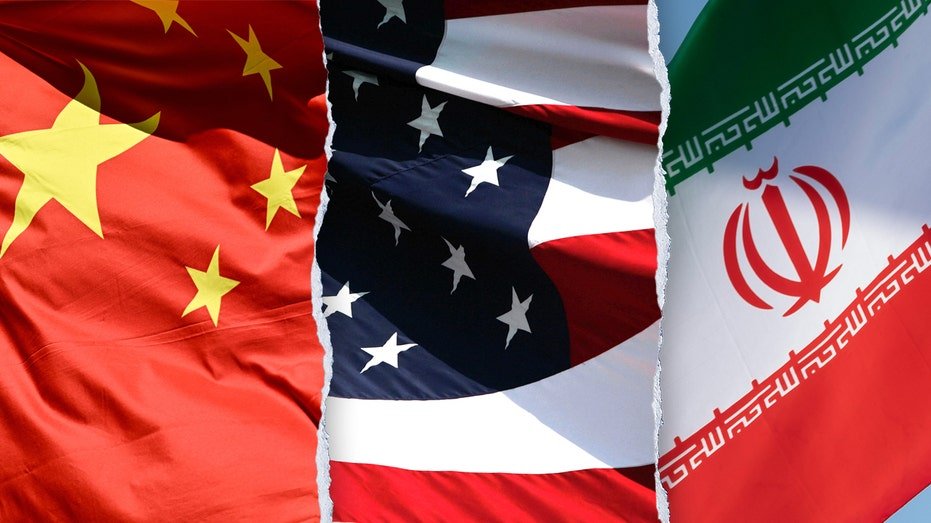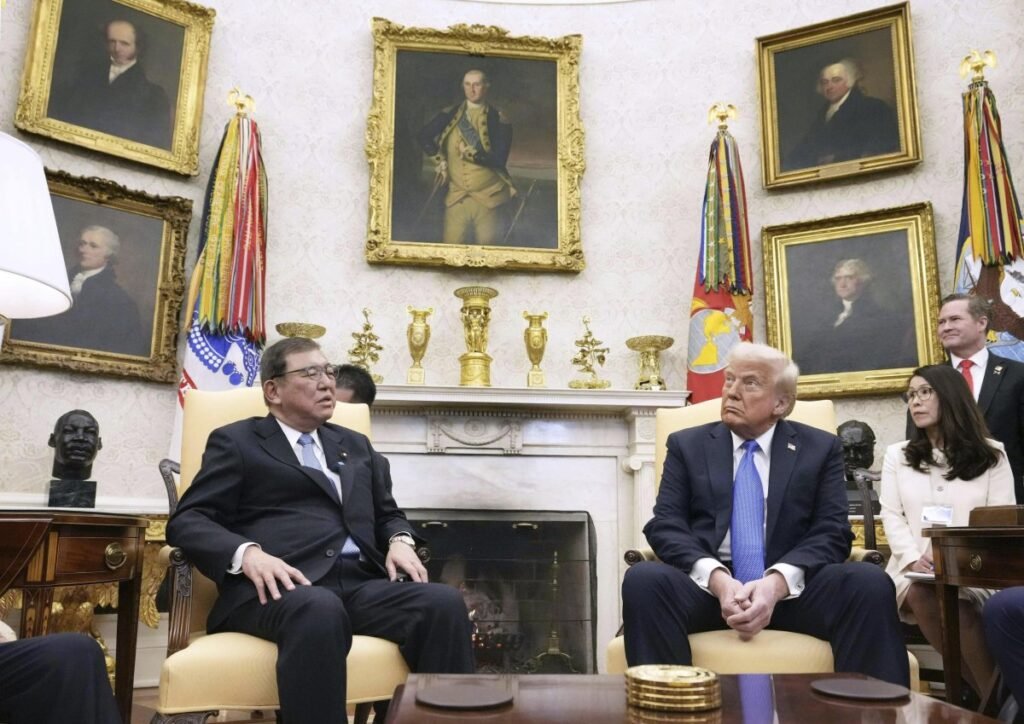A major space science cooperation project between China and Brazil is entering its last pre-commission stages, with the departure of what will be an Olympic pool-sized telescope from the northern Chinese port of Tianjin on Monday.
The main structure of the radio telescope is expected to arrive in the hilly hinterland of Paraíba state on the Brazilian east coast in about two months and will be one of the largest of its kind in Latin America when completed in 2026.
The remote location – nearly 2,000km (1,240 miles) from the capital Brasilia – was chosen for its low radio frequency interference, according to a 2019 article by the BINGO collaboration, the multinational project spearheaded by Brazil and China.
BINGO is short for “baryon acoustic oscillations (BAO) from integrated neutral gas observations”. By measuring these sound waves, scientists hope to better understand the large-scale structure of the universe and discover more about dark energy.

01:25
China starts construction of world’s largest steerable radio telescope in western Xinjiang region
China starts construction of world’s largest steerable radio telescope in western Xinjiang region
Although scientists cannot fully explain it, dark energy is likely to compose around 68 per cent of the cosmos, according to Nasa. It is a repulsive, or antigravity, force that is causing the universe to expand.







